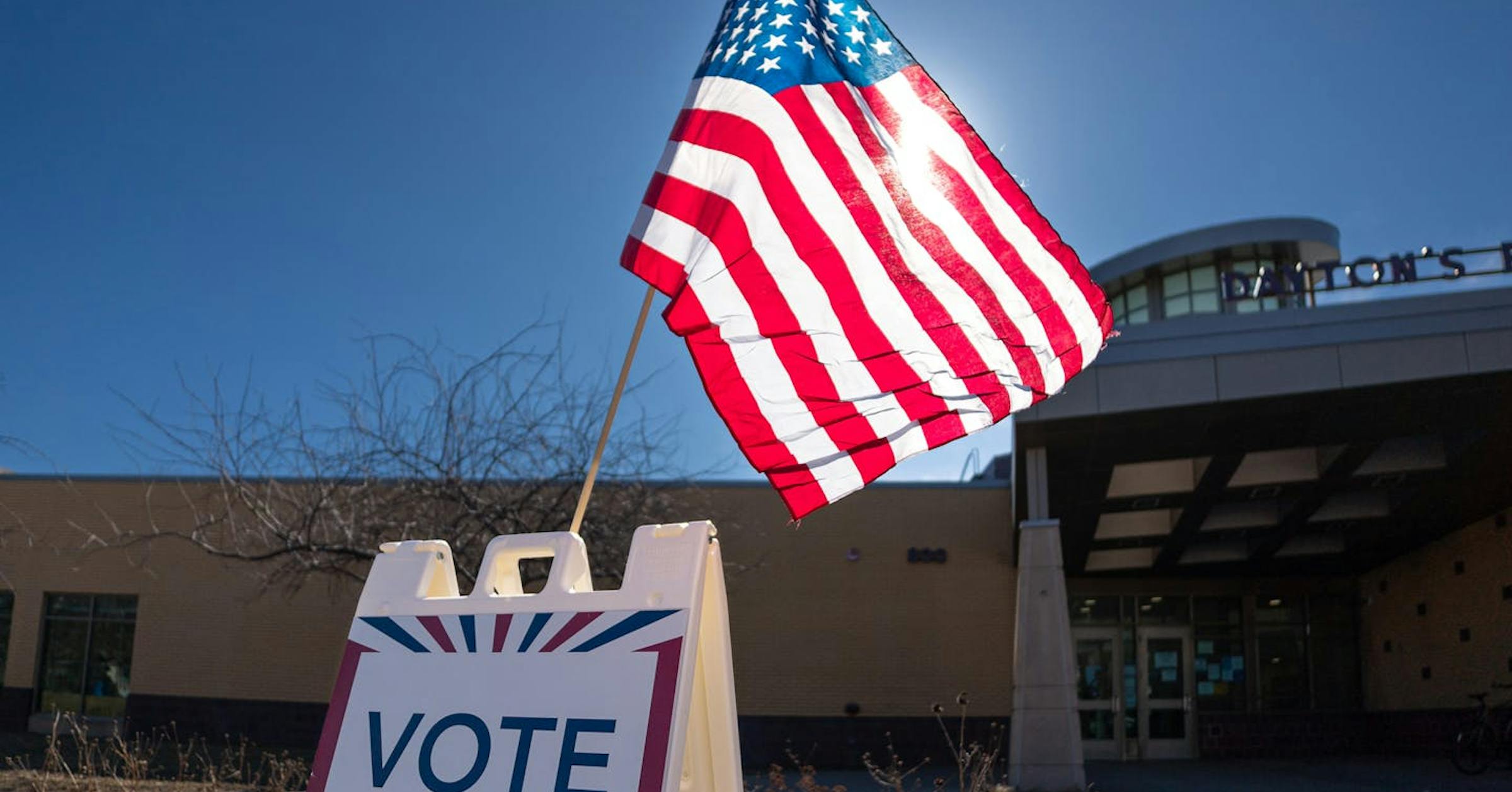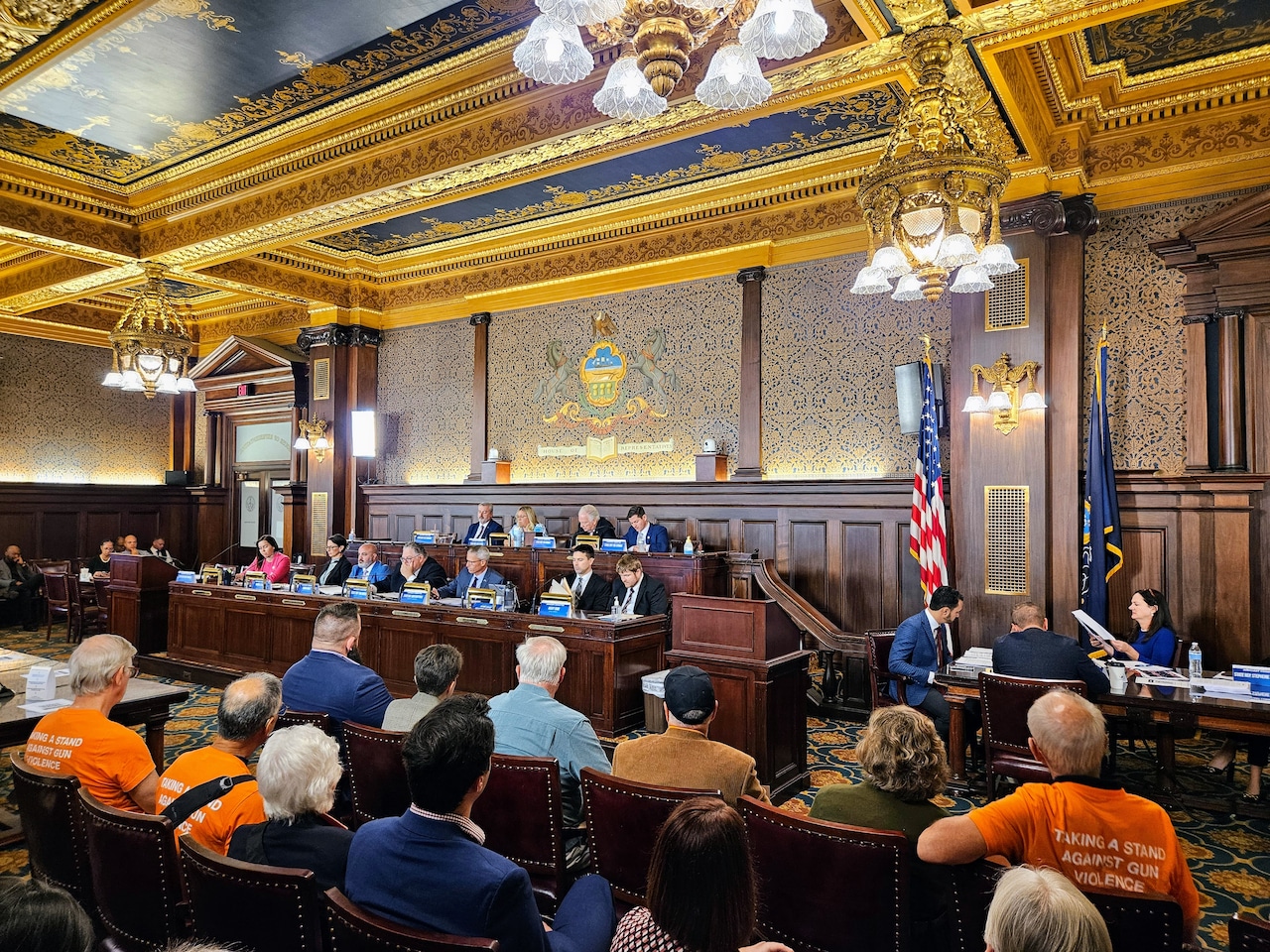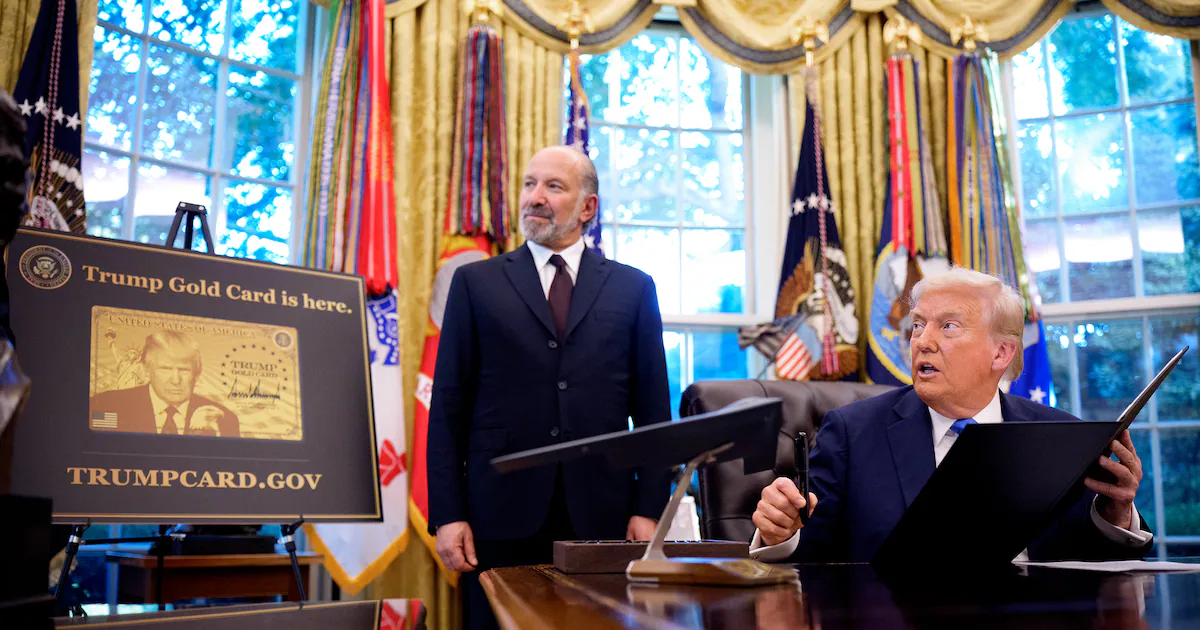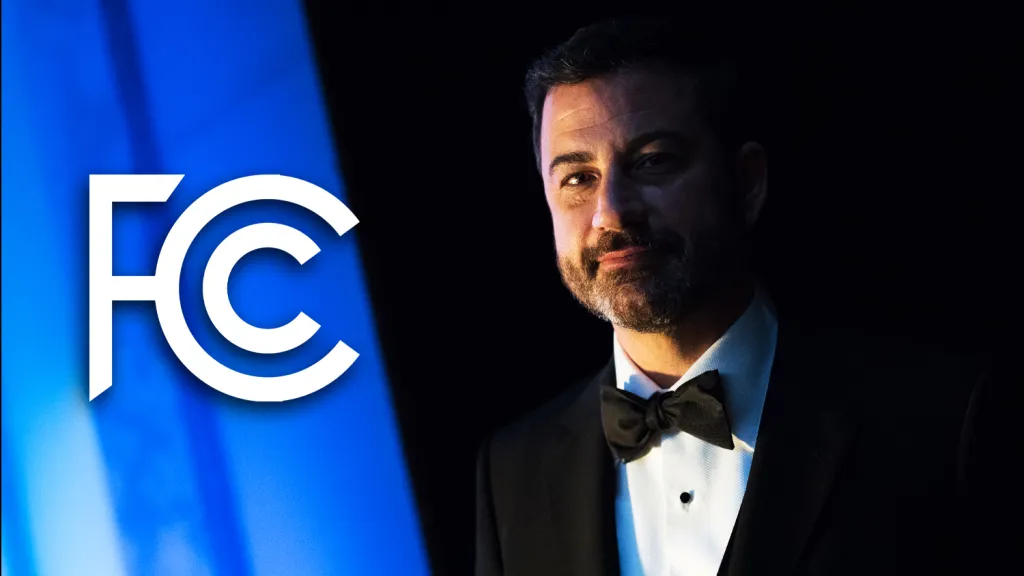
Nearly a year after a rough 2024 election, things donŌĆÖt seem to be getting any better for the Democratic Party. After sending Dems into the political wilderness, American voters still just donŌĆÖt seem to like them very much.
Nate Silver, a left-leaning political statistician and analyst, recently celebrated the idea. ŌĆ£The initiative marks the end of a decade-plus of a ŌĆśwhen they go low, we go highŌĆÖ attitude among Democratic leaders, which the party base has increasingly soured on,ŌĆØ he wrote recently. ŌĆ£And here, the base has the right strategic instincts.ŌĆØ
Perhaps this explains the cold and callous response from so many Democrats in the wake of Charlie KirkŌĆÖs horrific assassination. It should not be hard to condemn ŌĆö without any equivocation ŌĆö the murder of a husband and father doing nothing more than exercising his First Amendment rights on a college campus. As progressive commentator Van Jones correctly said on CNN about all of this: ŌĆ£You praise the good when itŌĆÖs time to memorialize somebody.ŌĆØ
And Ilhan Omar embarrassed Minnesota with her rhetoric surrounding this shooting that has shaken the nation. She shared a video that said Kirk was ŌĆ£Dr. FrankensteinŌĆØ and said his viewpoints belong in the ŌĆ£dustbin of history.ŌĆØ She even went after KirkŌĆÖs widow: ŌĆ£But the reality is, his wife sat by him as he said those things.ŌĆØ Good grief. Congress rightfully tried to censure Rep. Omar, but the vote narrowly failed.
The decision to discipline Omar should not have been controversial, nor should the ballot on the congressional resolution to condemn KirkŌĆÖs killing. But it was among Democrats, with 38 of them voting ŌĆ£presentŌĆØ and 58 voting ŌĆ£no.ŌĆØ MinnesotaŌĆÖs own lieutenant governor and U.S. Senate candidate Peggy Flanagan said she would have voted no, too. Minnesotans should remember this when she asks them to elect her next year.
All of this is a striking contrast to what happened in Washington in June, when every Republican in Congress rightly joined Democrats to unanimously condemn the assassination of Minnesota Speaker Emerita Melissa Hortman, regardless of her opposing political views. These should not be hard ŌĆ£yeaŌĆØ votes.
I think most Americans understand that when a leader with whom one disagrees with is killed, itŌĆÖs OK, actually itŌĆÖs quite appropriate, to simply mourn the person and condemn the act ŌĆö and skip assessing the victimŌĆÖs politics for a little while. ItŌĆÖs unseemly to speak ill of the dead in the immediate wake of a passing, particularly one as violent and sudden and premature as KirkŌĆÖs. Yet itŌĆÖs been such a struggle for so many Democrats these past couple of weeks to show basic good manners. And I suspect that coarseness will just plunge the partyŌĆÖs popularity down even further.
Can anger be a seductive emotion to entertain? Sure. We are human, after all. And itŌĆÖs natural to feel justified in it at times when our opponents are driving us nuts. But surrendering to rage almost always brings out our worst. And that most dangerous of feelings, which often kicks reason aside, can have a way of doing more damage to us than the targets of our fury. That seems to be whatŌĆÖs happening to Democrats these days. The incessant vitriol is hurting rather than helping the brand.
In another recent poll, 94% of voters confirmed that ŌĆ£respect for each other is the first step in having a government that works.ŌĆØ And 89% agreed with the statement that ŌĆ£civility is the language of respect.ŌĆØ Americans are starving for decent and civil politicians and, if Democrats want to be popular again, they should give the electorate more of them to vote for.
Are all Republicans specimens of civility? Certainly not. I could write an entire column on the GOPŌĆÖs need for more kindness in its style. And weŌĆÖve lost many winnable elections, including the 2020 presidential one, with too much hostility. But DemocratsŌĆÖ affinity for the mean has been particularly glaring as of late, and itŌĆÖs a subject the party should tackle given its low standings with most voters.
Back in the spring of 2020, I found myself at a low point in life, facing a divorce and isolating pandemic at the same time. It was then that I happened to bump into Minneapolis Mayor Jacob Frey at a park near my parentsŌĆÖ house, where I was living temporarily and with a little bit of embarrassment. I didnŌĆÖt know the mayor well, but we greeted each other, and, for some reason, when he asked how I was doing, I answered him candidly. ŌĆ£Not so great.ŌĆØ And I shared a little bit about what was going on with me.
Later that night, I got an unexpected call from Mayor Frey, who certainly was not lacking things to do nor a fan of my conservative politics. Yet he had found my number and called with no agenda other than to offer a little personal encouragement to this Republican to whom he owed nothing and share some of his own life challenges. It was one of the kindest unconditional and genuine interactions I have ever had with a politician, and IŌĆÖve had many.



